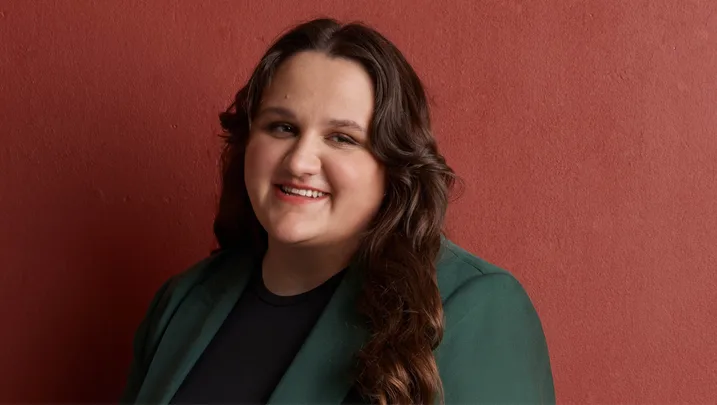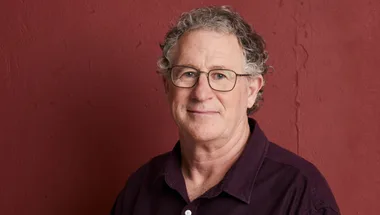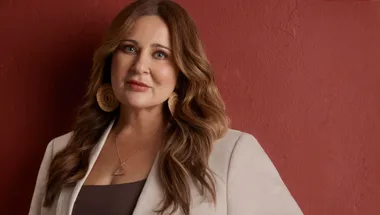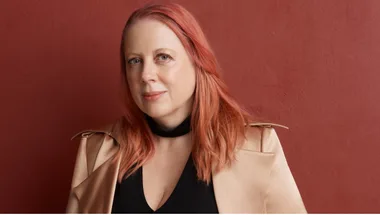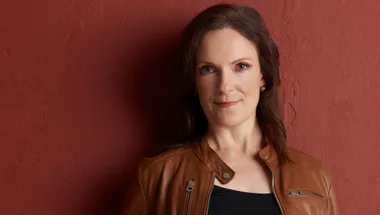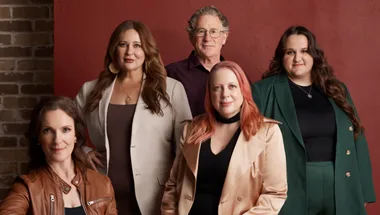TRIGGER WARNING: This article discusses domestic violence involving physical, financial and emotional abuse. If you or someone you know is being affected by domestic violence, call 1800 737 732.
In March 2022, a young girl named Mackenzie Anderson was [allegedly] murdered in Newcastle, New South Wales. That hit me pretty hard because we were around the same age. Mackenzie’s death forced me to reflect on my own experiences with domestic, family and sexual violence and how a year earlier that could have easily been me. At the time, I’d just started our not-for-profit What Were You Wearing [WWYW] with a couple of volunteers and we decided to hold a rally for Mackenzie. Less than 48 hours later, over 4000 people showed up. I couldn’t believe it.
This year, across the 22 rallies we organised across the country, over 100,000 people turned up to say, “Enough is enough.”
There’s a perception that rallies and protests don’t create change. But it is because of the rallies we held in April that Prime Minister Anthony Albanese agreed to our first demand: to declare domestic violence a national emergency.
People often feel powerless when the government over-politicises the conversations around domestic violence, but what you do as an individual is educate yourself. Having the tools as an active bystander is so important to be able to call out things like victim blaming and rape culture when you witness it.
Because of our rallies, the Prime Minister declared domestic violence a national emergency
Sarah Williams
There’s a common pattern in Australia where the average person will only advocate for this type of crime once every few years. It’s so important that we continue to show up and show our support.
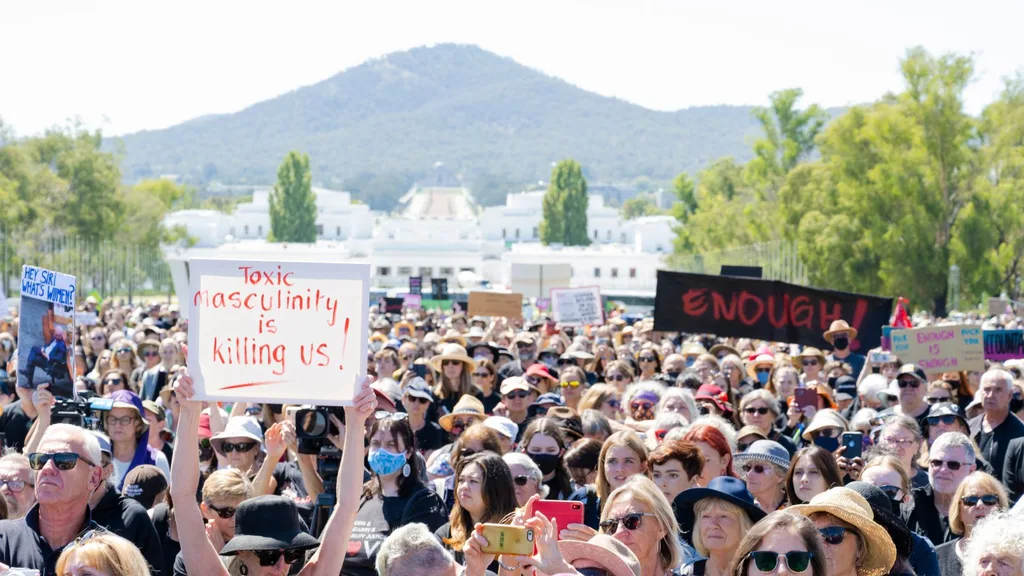
Attending events also spreads awareness of the support that is out there. For example, WWYW runs survivor healing groups across the country, because we believe healing and access to a therapist should be free.
Making noise forces the media and governments to pay attention and, as a result, get conversations around domestic violence and coercive control happening at the dinner table. At our Darwin rally [in July], the Labor minister [Kate Worden] showed up and announced that the state was committing $180 million to domestic, family and sexual violence in the Northern Territory. So you can’t tell me that speaking out and showing up can’t create change.
Politicians have the connections, the money, and the power to make a difference. They spent $55 billion on defence, so why are our calls for funding not being heard? It’s our responsibility to call it out and hold them accountable.
Read more about Sarah and the other inspiring advocates and thought leaders calling for real solutions to Australia’s domestic violence crisis, here.
